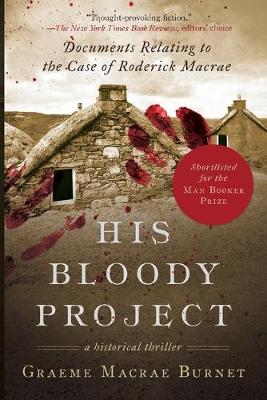
clementine
Written on Mar 3, 2019
I found this a sympathetic portrayal of poor rural life. I felt sympathetic towards the inhabitants of Culduie, who owned no land, whose crops were fickle, and who could not afford their rent. It's a fairly depressing, desolate way of life, and it's easy to see how that desperation can lead to violence for perceived lack of alternatives. The town's constable is no better off than the rest of its residents, and the taste of power granted by the position can (and does) corrupt. Though the village only has fifty-five residents, its political climate is tense and complex. The tensions between the villagers and the educated, professional men was also very interesting: those of the middle and upper classes could not truly comprehend the nature of the dispute between the Macraes and Mackenzies, throwing the fairness of the trial into question.
So while there were a lot of interesting, thoughtful elements here, this wasn't exactly a page-turner. I didn't necessarily find it dull, but some sections were arduous. There's a reason most people normally read news articles about trials and not word-for-word transcripts. I was also unconvinced by the framing of the book. Though this is a work of fiction, the introduction states that these are real historical documents compiled by the author. However, this doesn't make sense, realistically: a non-fiction novel about the events would have some sort of narrative and/or central argument, it wouldn't consist only of a series of documents. It's not that I mind a more epistolary approach, I just think it would have been better without the introduction, because that framing device doesn't totally work for me.
